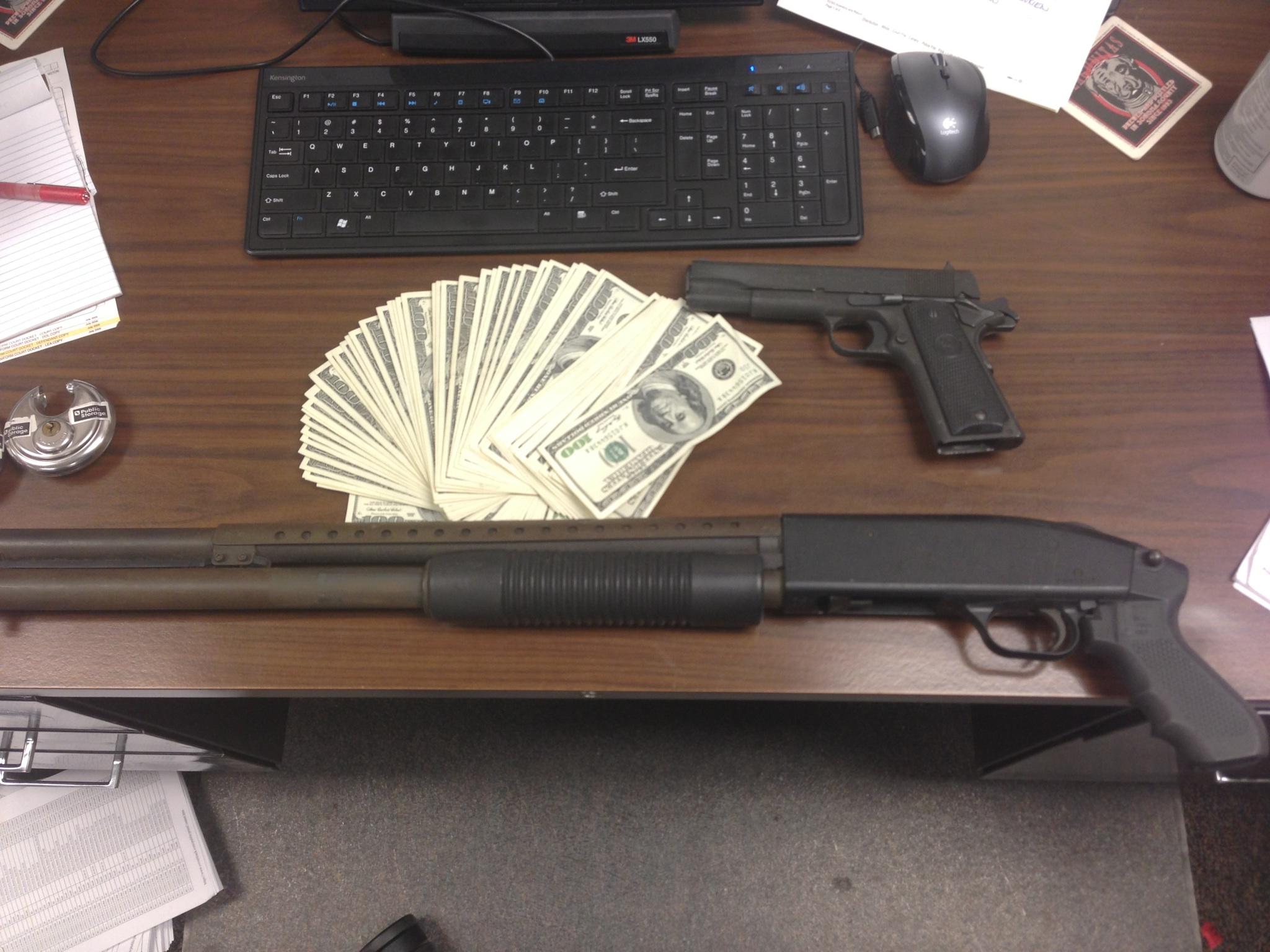
Back on Tuesday, we reported on a drug investigation with search warrants served at locations including one in White Center, and King County Sheriff’s Office said more details would be forthcoming. Today, a news release and photos bring those details:
An 8-month investigation conducted by the King County Sheriff’s Office resulted in the seizure of narcotics, guns, money and the arrest of 8 people for trafficking narcotics.
The investigation started in April when detectives learned that about a narcotics dealer that had the reputation of selling high-quality cocaine and heroin in the Burien area. Detectives learned that the suspect had been sought by investigators before for dealing narcotics but would shut down his operation when he suspected police were closing in.
Detectives spent months conducting surveillance on the suspect’s residence and other locations they learned were connected to the operation. On Wednesday the King County Sheriff’s Office served search warrants on six locations including a residence in the 1600 blk of SW116 St. in Burien and a residence in the 1200 blk of SW107th St. The other locations included a residence and storage unit in Renton, and a house in Federal Way.
8 adults, 7 of them family members were arrested in the raids and 6 children were placed in CPS custody.
In total, items seized were:
1.25 pound of cocaine with a street value of $22,000
6 ounces of heroin with a street value of $2,000
$65,371 in US Currency
5 firearms all of which appeared to be packaged for transport into Mexico
5 vehicles valued at $60,000


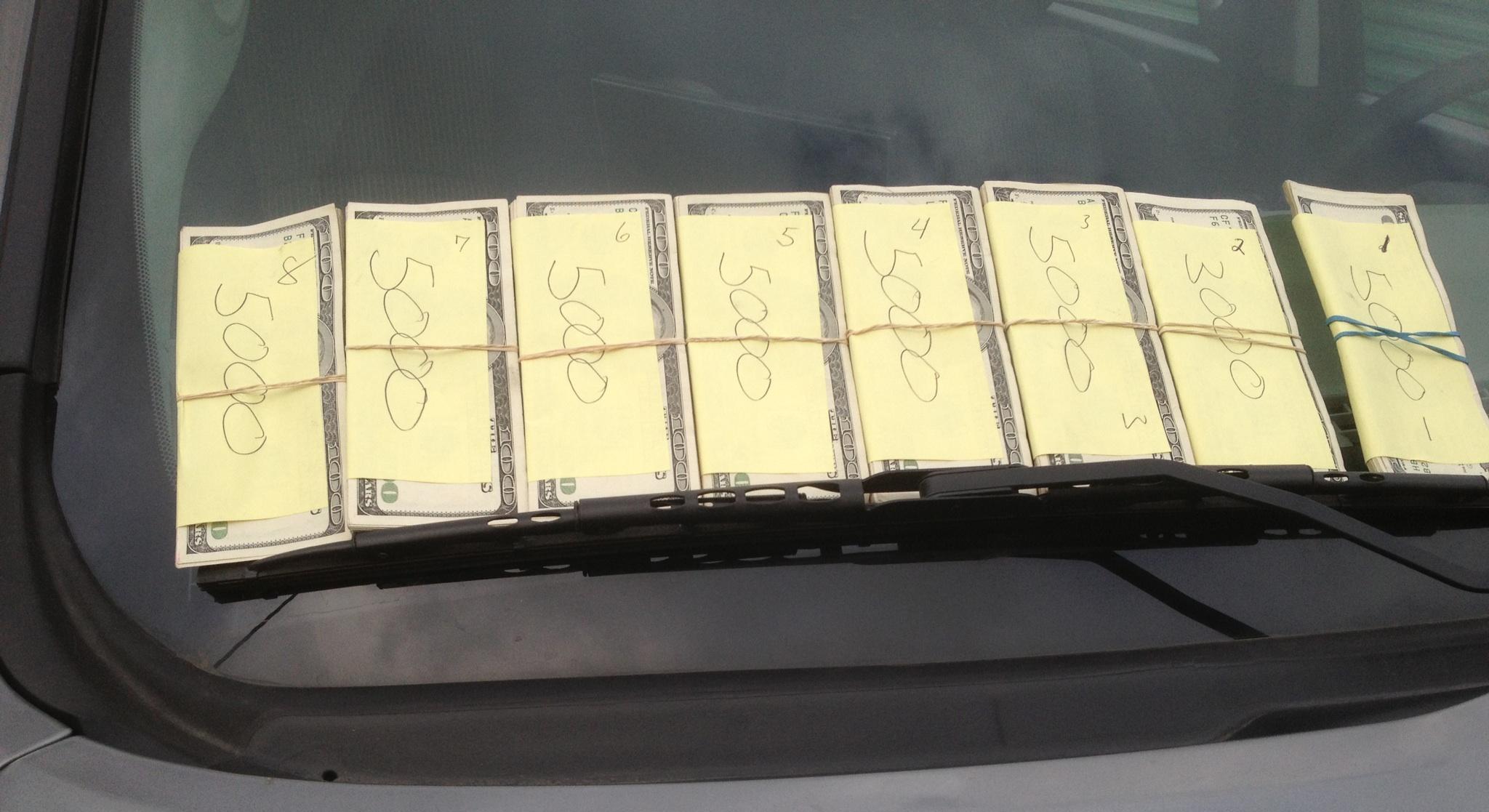
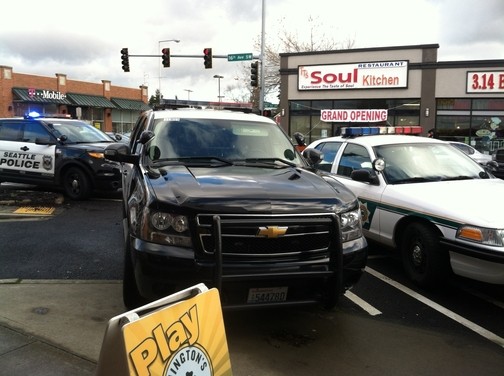
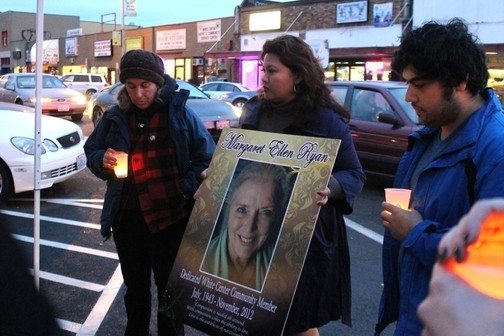
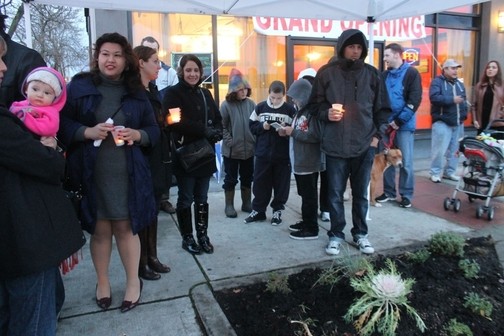
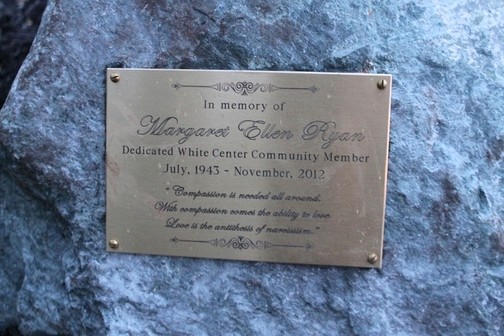


 30 Year old Emanuel Kozma was arrested tonight around 6:30PM in the Denny’s parking lot at S170sth and Pacific Hwy in SeaTac. He was the subject that King County Sheriff detectives chased on the 10th in the White Center area.
30 Year old Emanuel Kozma was arrested tonight around 6:30PM in the Denny’s parking lot at S170sth and Pacific Hwy in SeaTac. He was the subject that King County Sheriff detectives chased on the 10th in the White Center area.